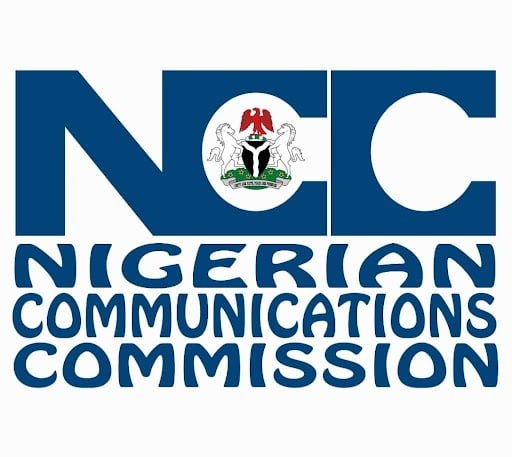The Nigerian Communications Commission, NCC, has promised to make life a little easier for telecom service providers in the country.
The commission, however, also vowed to sanction telecom service providers who would not improve their services for the betterment of consumers.
Dr Aminu Maida, the Executive Vice Chairman of NCC, said this during a breakfast meeting with members of the Abuja chapter of the Nigerian Telecommunication Reporters Association, NITRA, and some business editors on Tuesday in Abuja.
He noted that there would be no proper regulation of the industry without enforcement; therefore, the telecom service providers would be held accountable to meet the minimal expectations of consumers.
“You are going to see a change in the way we make decisions. We are going to be very data-driven. All our decisions are going to be backed up by data as much as possible. We want to reduce subjectiveness and take the right decisions that will improve the industry,” Maida said.
“When there is regulation without any consequences or enforcements on obligations, you will agree with me that those obligations the chances of being met are very low. So as we drive towards delivering optimal quality of experience for our customers, we intend to hold our licensees accountable for all services, after all the consumers pay for the services, and they expect the service to be at a certain level or point.
“Last week, I spoke about compliance and enforcement, but we will also, first of all, be collaborators. We will place a very high premium on collaboration with all critical stakeholders, including yourselves to ensure that everybody is carried along in a cooperative process so that we can try to create win-win scenarios for everybody; but, of course, if that is not possible, all the licensees have an obligation, and we will not hesitate to enforce it for the clients,” he said.
Speaking further, Maida said the commission will focus on the critical stakeholders—the consumers, the industry and the licensees—to meet their expectations.
“The commission will also will be driven by their recognition that we have primarily three critical stakeholders in the industry these are the consumers of telecom services, the industry, and the licensees. And the top most are the Internet Service Providers (ISPs), submarine-landed cable companies, and all of the licensees of the commission. And last but not least the government.
“What we recognize is that each of these stakeholders has a unique perspective and has different expectations. Our approach will thus be to walk towards the expectations of these stakeholders.
“For me, the expectation of the consumer is very simple – quality of service. I don’t think you can say anything more than that quality of service and this quality of service we are talking about is a total consumer experience not just the drop call or I can’t make a call there is a total quality of experience, right from how do you find and select the right network to use; how do you onboard onto that network, talking about SIM registration process; the process of linking your SIM to your NIN; and of course, after you have gone through all of that, when you are using it, how easy it is for you to select a tariff; how transparent is the tariff; how are you supported by the entire host; and how do you onboard from the network,” he added.
The EVC further disclosed that the commission has resolved the issue between two major players and that the commission will soon issue a statement to that effect.
‘The issues between two of the top big operators which, hopefully, sometime today or tomorrow, we will be making a press release to let Nigerians and other stakeholders know that the two titans, sat down between themselves and resolved their issues, happily.
“We are going to be putting in measures to ensure they don’t get to that stage again. And like I said we need to foster collaboration before we get to compliance and enforcement. And for our licensees, the commission is committed to making life easier for them so we are going to be doing a lot of advocacy,” he said.
